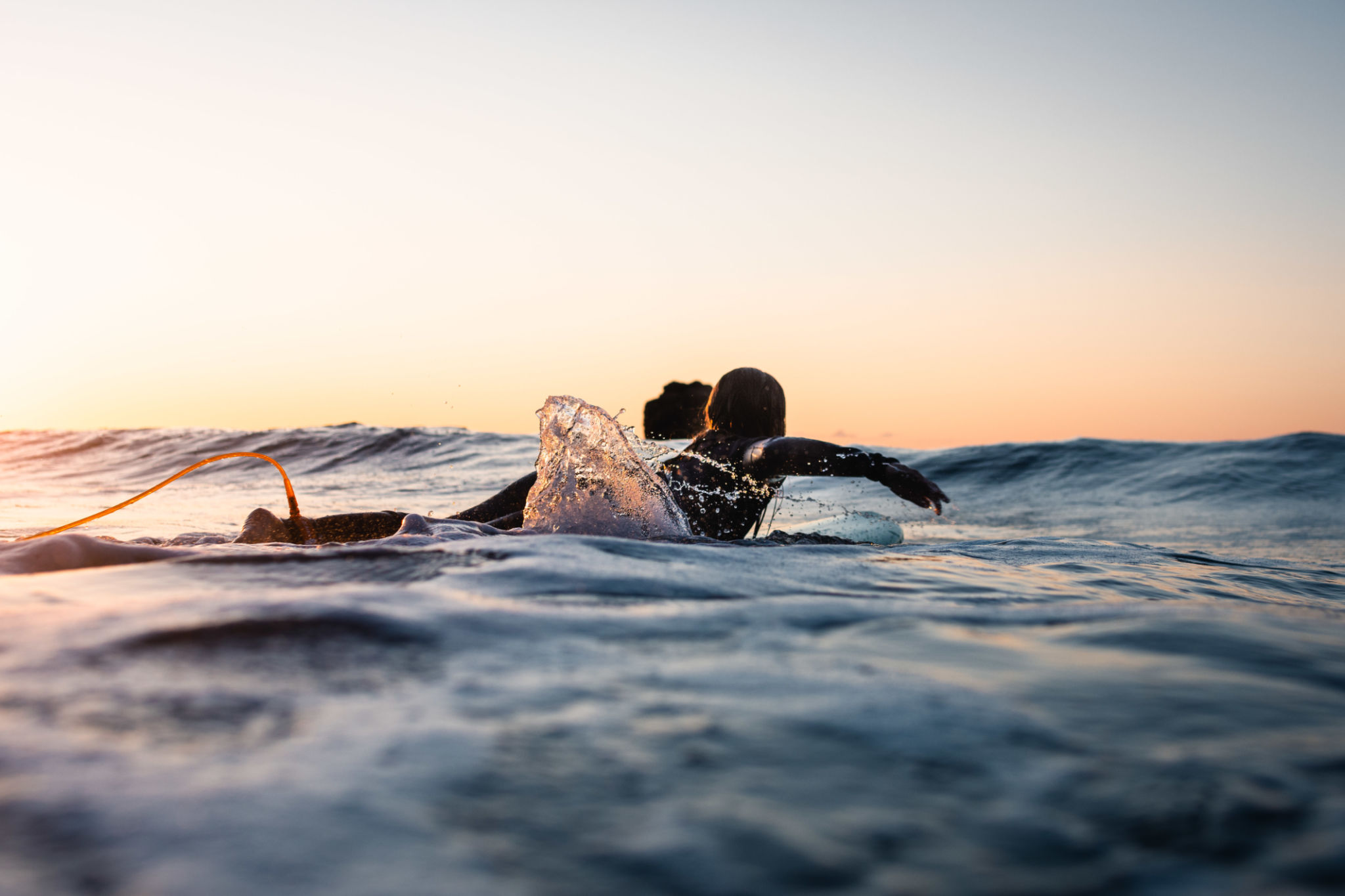Surfing as a Path to Overcoming Panic Attacks
The Healing Power of the Ocean
For many, surfing is more than just a sport; it's a way of life. The ocean's vastness offers a unique sense of peace and tranquility that can be particularly beneficial for those struggling with panic attacks. Engaging with the waves requires focus and presence, allowing surfers to experience a form of mindfulness that can be instrumental in overcoming anxiety.
When you're out there on the water, the overwhelming sensation of a panic attack can diminish. The rhythm of the waves and the necessity to maintain balance help redirect focus away from anxious thoughts. This diversion is not only calming but also empowering, as mastering the waves brings a profound sense of achievement.

Building Confidence Through Challenges
Surfing is inherently challenging, which can be advantageous for those dealing with panic attacks. Each successful ride boosts confidence, contributing to improved mental resilience. As surfers progress, they learn to confront fear head-on, an experience that can translate into everyday life.
Facing the unpredictable nature of the ocean teaches flexibility and adaptability. Surfers learn to go with the flow, an essential skill in managing anxiety. By embracing the unknown and learning to cope with it, individuals often find that their capacity to handle stress and panic increases significantly.

The Role of Physical Activity
Physical exercise is well-known for its mental health benefits, and surfing is no exception. The sport requires a high level of physical exertion, which releases endorphins. These "feel-good" hormones play a significant role in reducing stress and anxiety levels, offering a natural remedy for panic attacks.
Moreover, surfing provides a full-body workout, improving cardiovascular health and strength. This increase in physical fitness can also contribute to enhanced mental health by promoting better sleep patterns and reducing overall stress.

Mindfulness and Connection
Surfing naturally encourages mindfulness, as it demands attention to the present moment. As surfers become more attuned to the ocean's rhythm, they cultivate a deeper connection with nature. This connection can be profoundly therapeutic, providing a sense of belonging and peace.
Practicing mindfulness through surfing helps individuals develop a greater awareness of their thoughts and emotions. This awareness is crucial in identifying and addressing the early signs of panic attacks, allowing for more effective management.
Community and Support
The surfing community is known for its inclusivity and supportiveness. Being part of this community can offer a sense of belonging, which is essential for anyone dealing with mental health challenges. Sharing experiences with fellow surfers fosters camaraderie and understanding, enabling individuals to feel supported in their journey.
Many surfers find that their community provides an invaluable network of friends who understand the therapeutic benefits of the sport. This support can be instrumental in maintaining motivation and progress in overcoming panic attacks.

Getting Started with Surfing
If you're considering surfing as a means to manage panic attacks, there are a few steps to get started:
- Find a reputable surf school or instructor to learn the basics safely.
- Invest in the right gear, including a suitable surfboard and wetsuit.
- Start slowly and choose beginner-friendly beaches.
- Practice regularly to build confidence and skills gradually.
Remember, the journey is as important as the destination. Embrace each moment on the water as an opportunity for growth and healing.
